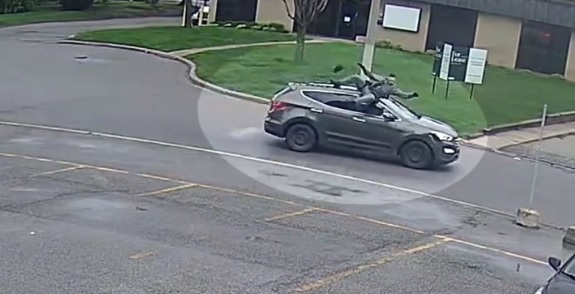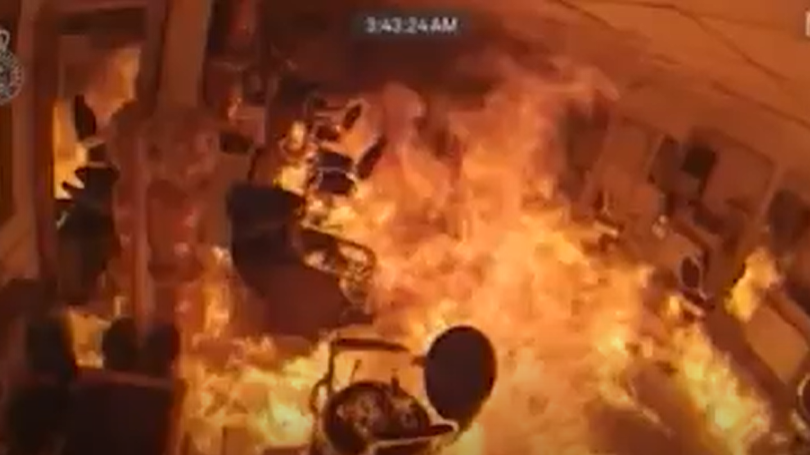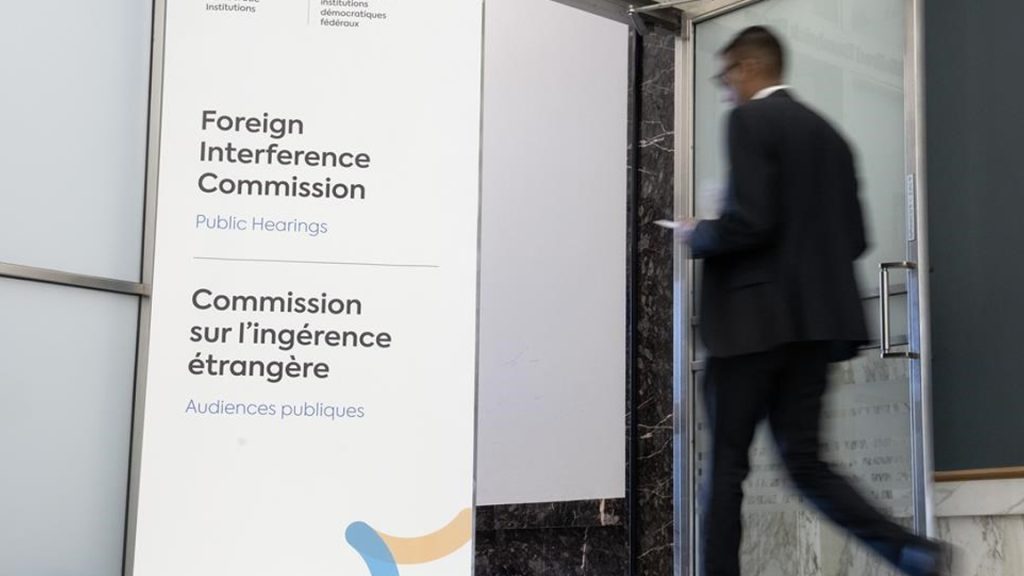NYPD seeks cure for gun violence with data-driven cases
Posted December 10, 2016 11:00 am.
Last Updated December 10, 2016 1:00 pm.
This article is more than 5 years old.
NEW YORK, N.Y. – Even as homicide rates have climbed in other American cities, New York City is again on pace to have a near-record low number of shootings, and police are partly crediting refined tactics that include collecting more data and forensic evidence than ever before to go after the worst offenders.
“It’s no longer good enough to just make an arrest,” said Deputy Commissioner Durmot Shea, a top New York Police Department crime-fighting strategist. The department is also trying to focus harder, he said, on the kind of arrests that make a difference by targeting a relatively small number of people responsible for making neighbourhoods unsafe.
Through Dec. 4, the city had recorded 942 shooting incidents, putting the city on course to have even fewer than the 1,103 in 2013 — the lowest number since the police department began counting shootings in 1993.
A majority of people who have been shot survived. As of Dec. 4, the city had recorded 313 killings, close to the 333 set in 2014.
Still, it’s not clear whether the crime reductions in New York are due to refined police tactics or other factors, like a continuing influx of wealth into the city.
Chicago, which has roughly a third of the population of New York, has adopted a similar philosophy of quality-over-quantity gun arrests, yet the number of shootings and homicides there has soared.
Through the end of November, it had recorded more than 700 killings, the first time Chicago has eclipsed the 700 mark in a year since 1998. Chicago is on pace to have nearly 300 more homicides this year than last year.
Alex Vitale, a sociologist at Brooklyn College, said targeted policing may make more sense in New York because, compared to Chicago, gun violence is concentrated in smaller pockets of poverty.
The drop in the number of shootings also comes in an era when the department is making fewer arrests overall and has vastly curtailed a strategy nicknamed “stop and frisk” that involved halting and searching hundreds of thousands of young men on the street to make sure they weren’t carrying weapons.
New York City police made 54,000 fewer arrests in 2015 than they did in 2013. Much of the decline was due to arresting far fewer people for possessing small amounts of marijuana.
As overall crime has dropped in New York, police have poured additional resources into investigating crimes that might have previously gotten a less intensive treatment.
In one recent case, police who came across an abandoned, shot-up rental car took care to collect ballistic and DNA evidence that was saved until it was matched to a gun found in a Manhattan hotel.
The link turned out to be a key break in an investigation of a Brooklyn gang best known for its affiliation with “Hot Boy” rapper Bobby Shmurda. Prosecutors parlayed that and other evidence into a string of convictions and long prison terms, said Special Narcotics Prosecutor Bridget Brennan, whose office handled the case.
After street gang members spread panic by drawing their guns for a shootout last year near a grade school in the Far Rockaway section of Queens, investigators studied forensic and video evidence from other shootings, tips from informants and logs of suspects who had themselves been wounded in past gunfights.
The NYPD says the targeted policing approach resulted in 12 arrests. After that, shootings in the two police precincts that cover Far Rockaway dropped by 65 per cent.
Police cite the takedown of Shmurda’s gang as a game-changer. In one precinct where it roamed, there have been 14 shootings so far this year, compared to 36 in 2014 over the same period.
Amy Wilkerson, a social worker with Rock Safe Streets, a gun violence intervention program in Far Rockaway run by the non-profit Sheltering Arms, said the neighbourhood still has a long way to go.
“To say we locked up a few people and gun violence is down shows a disconnect,” she said. “There are people in this community who are afraid to send their children outside because of gun violence. It’s a disease. Taking one person out doesn’t work because other people are infected.”
___
This story has been corrected to show the rapper’s last name is spelled Shmurda, not Shurmda.










